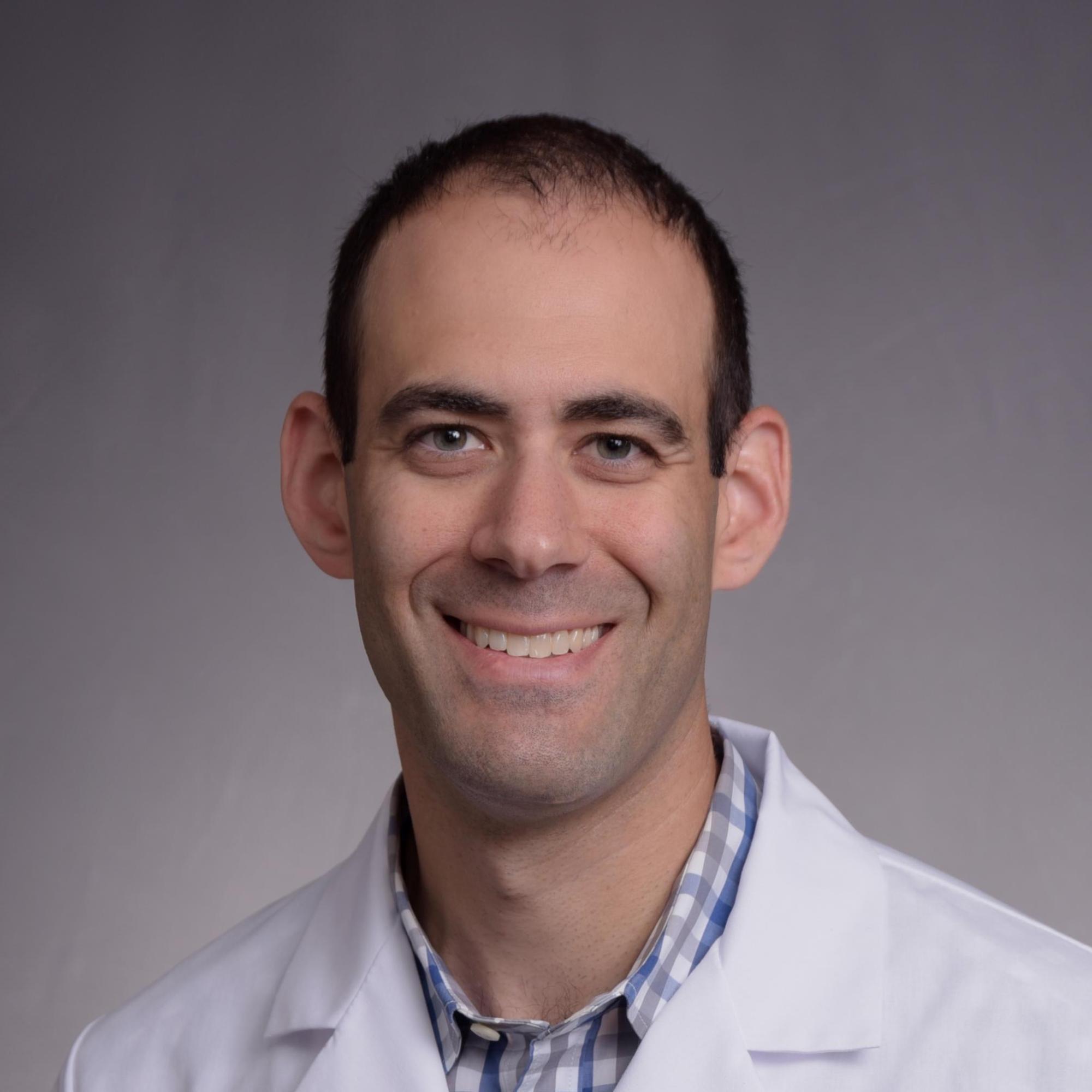
Post-Graduate Training in Orthodontics and Dentofacial Orthopedics
The 36-month CODA-accredited post-graduate program in Orthodontics and Dentofacial Orthopedics at Touro College of Dental Medicine offers a robust curriculum in a state-of-the-art digital dental facility. As part of your training, you will receive extensive experience in patient care, along with evidence-based didactic courses, as you treat a broad scope of orthodontic problems.
You will:
- Provide critical evaluation of patient diagnosis and treatment plans prior, during and upon completion of care.
- Exchange ideas, particularly as they apply to different possible treatment plan options.
- Be exposed to a broad variety of techniques, including variations of traditional braces, aligners, and newer 3D modalities.
We value multidisciplinary interactions and treatment plans and train orthodontists who are comfortable in a team approach to patient care. You will learn to work with your colleagues in orthognathic surgery, pediatrics, periodontics, prosthetics, TMJ, craniofacial anomalies, speech and language pathology and sleep apnea.
The program includes coursework, clinic and research.
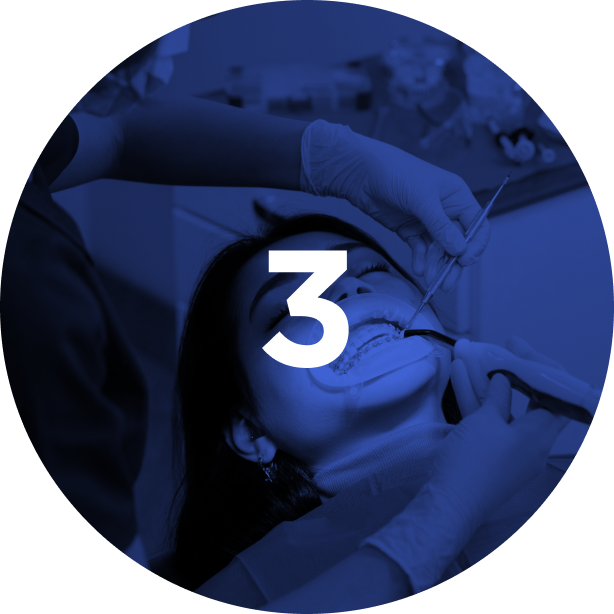
The orthodontics training program accepts three new students each year.
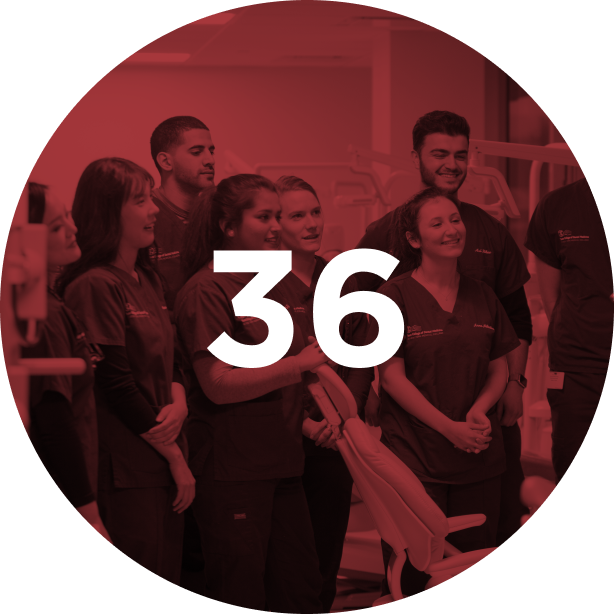
The orthodontics training program is a full-time 36 month (3 year) program.
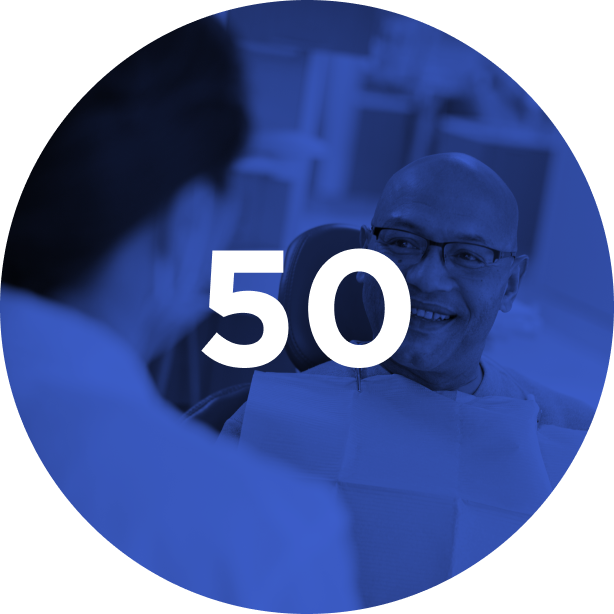
The goal is for you to start treatment on 50 cases during the program.
Orthodontics Coursework, Conferences & Research
Didactic coursework starts with a "bootcamp" to cover basic orthodontics in the first few months of year one. After bootcamp, more advanced coursework is included throughout the remainder of the program.
Part of your orthodontic experiences will include going to the Tweed course in Arizona at the end of the first year, going to AAO annual session yearly, as well as local conferences.
A research project is required as part of the post-graduate orthodontics program.
Orthodontics Clinic
The clinic is a brand-new facility at Touro Dental Health and next to the pediatric department. It is equipped with nine chairs and a separate student office. There are multiple pan/ceph machines and multiple CBCT machines, 3 intraoral digital scanners, and a state-of-the-art digital lab.
How many patients will you see?
The goal is for you to start 50 cases in your first year, and complete all or most of those cases by the end of the program. Any cases not completed by the time you finish your post-graduate training will be transferred to first and second year students accordingly.
What kind of patients will you see?
You will see patient of all ages, from children and teens through adulthood. Special needs and craniofacial anomaly patients are a part of the diverse educational experiences you can expect. You will coordinate with other dental specialties in the treatment of these patients.
Clinical Exposure
You will learn from a faculty with expertise in varied and diverse techniques, giving you broad exposure. You will treat patients with the Bi-Dimentional Technique, Traditional Straightwire, the Damon Approach, ceramic braces and aligners. Experts in the field of sleep apnea will help you navigate this complex issue. Monthly craniofacial clinic is an integral part of the curriculum and the patients are cared for by our pediatric and orthodontic teams. The use of new technologies such as Lightforce are encouraged, as are placement of TADs.
Program Completion Requirements
To receive your certificate at the end of the post-graduate Orthodontics program you will need to:
- Complete all coursework
- Meet competency assessments based on coursework and clinical proficiency
- Complete research project
- Fulfill the written requirements for certification by the American Board of Orthodontics
Accreditation
The Advanced Education Program in Orthodontics & Dentofacial Orthopedics has been granted the accreditation status of “Initial Accreditation” by the Commission on Dental Accreditation. The Commission is a specialized accrediting body recognized by the United States Department of Education.
The Commission on Dental Accreditation can be contacted at (312) 440-4653 or at 211 East Chicago Avenue, Chicago, IL 60611.
Post-Graduate Orthodontics Leadership
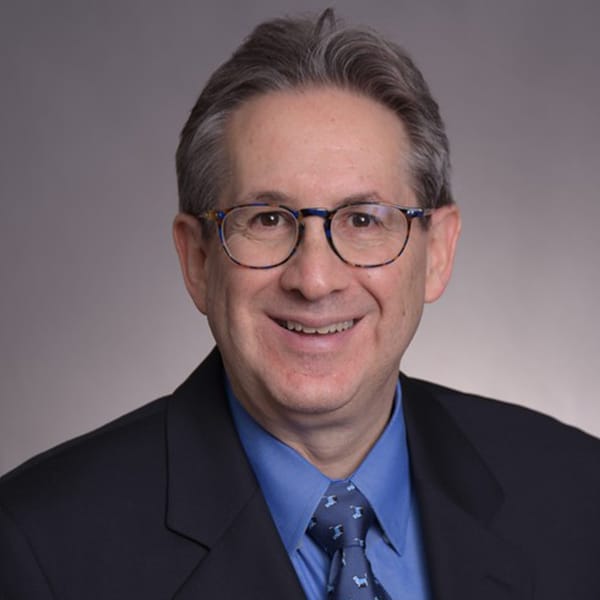
Howard A. Fine, D.M.D.
